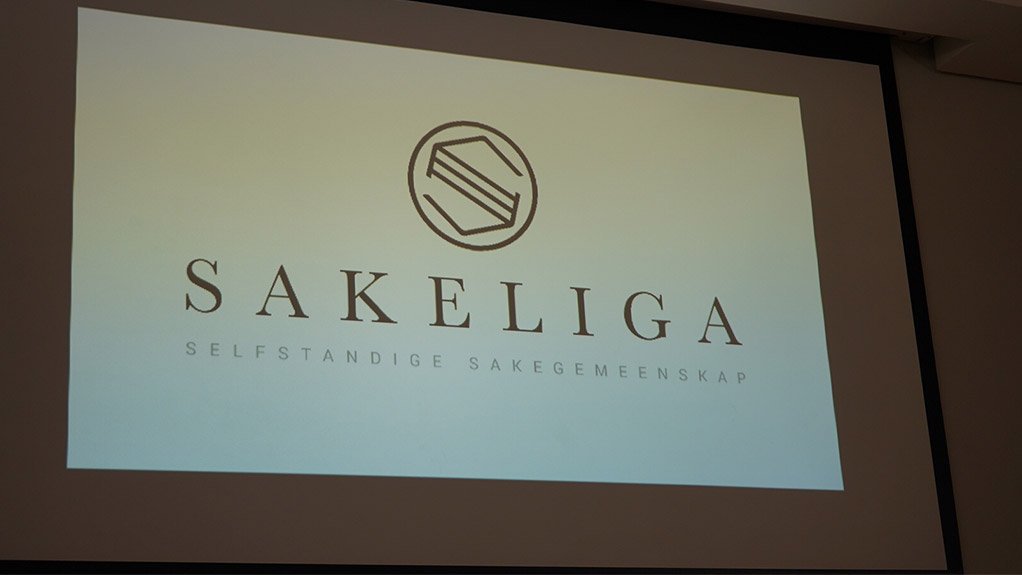/ MEDIA STATEMENT / The content on this page is not written by Polity.org.za, but is supplied by third parties. This content does not constitute news reporting by Polity.org.za.
The activities of the newly appointed minister in the presidency for electricity, Kgosientso Ramokgopa, should be watched with great caution, in the light of a huge tender scandal in which he was involved during his time as mayor of the Tshwane municipality, which cost taxpayers billions of rands.
Sakeliga and others conducted protracted court cases between 2014 and 2017 against the Tshwane Municipality under Ramokgopa's mayoralty in connection with billions of rands in losses due to illegal tenders for smart electricity meters. Ramokgopa left office as mayor amid an additional R2-billion debt burden on the municipality due to an illegal agreement for the installation and maintenance of electricity meters that he had signed off on, despite several warnings from his political bosses and opposition parties that the agreement would be of no benefit to the city.
Ramokgopa's illegal and unaffordable tender scandal in Tshwane
The scandal as revealed in the court documents shows that the city council, led by Ramokgopa, entered into a contract with PEU Capital for the installation of "smart" electricity meters. Sakeliga and others pointed out in court documents that Tshwane could have chosen to operate their own smart electricity meters at around R11 million per year, but persisted in paying 70 times the amount to a contractor. The agreement with PEU entailed that Tshwane had to remit 19.5 cents in the rand to PEU as commission for every rand of electricity sold by Tshwane. Ramokgopa did not heed the then Minister of Finance, Pravin Gordhan's warning that Tshwane would sell electricity at a loss as the commission payable to PEU in the rand would always be more than the profit limit at which Tshwane, under Nersa's determination, would sell a unit of electricity. In addition, Tshwane also channeled electricity bought in bulk from Eskom through the PEU system, thereby paying twice for their own electricity. Despite Ramokgopa's own CFO's advice that the project had never brought the expected benefits and never would, Ramokgopa wanted to continue with it.
Due to the litigation and other pressures, Tshwane was later forced to cancel the contract with PEU and buy the infrastructure from PEU. The city management was able to negotiate a cancellation arrangement with PEU that would have resulted in refunds for the city, but after Ramokgopa's consideration of the arrangement, a new arrangement was created behind closed doors whereby instead of a refund, the city instead had to pay cancellation amounts to PEU. Again, Sakeliga and others intervened and successfully obtained an urgent interdict to stop the adverse cancellation agreement, thereby stopping the transfer of R950 million to PEU. However, by the time the court order was obtained, great damage had already been done because for several years the city paid almost R630 million per year to PEU for "services rendered".
In 2017, the High Court in Pretoria finally found in the applicants' favour that the agreement between Tshwane and the PEU was entirely illegal and unconstitutional, and that an amount of R950 million in a trust account had to be repaid to the municipality, and not to PEU. To this day, however, Tshwane is still grappling with the consequences of the illegal PEU contract entered into under Ramokgopa's leadership and at his insistence.
Issued by Sakeliga
EMAIL THIS ARTICLE SAVE THIS ARTICLE ARTICLE ENQUIRY
To subscribe email subscriptions@creamermedia.co.za or click here
To advertise email advertising@creamermedia.co.za or click here











